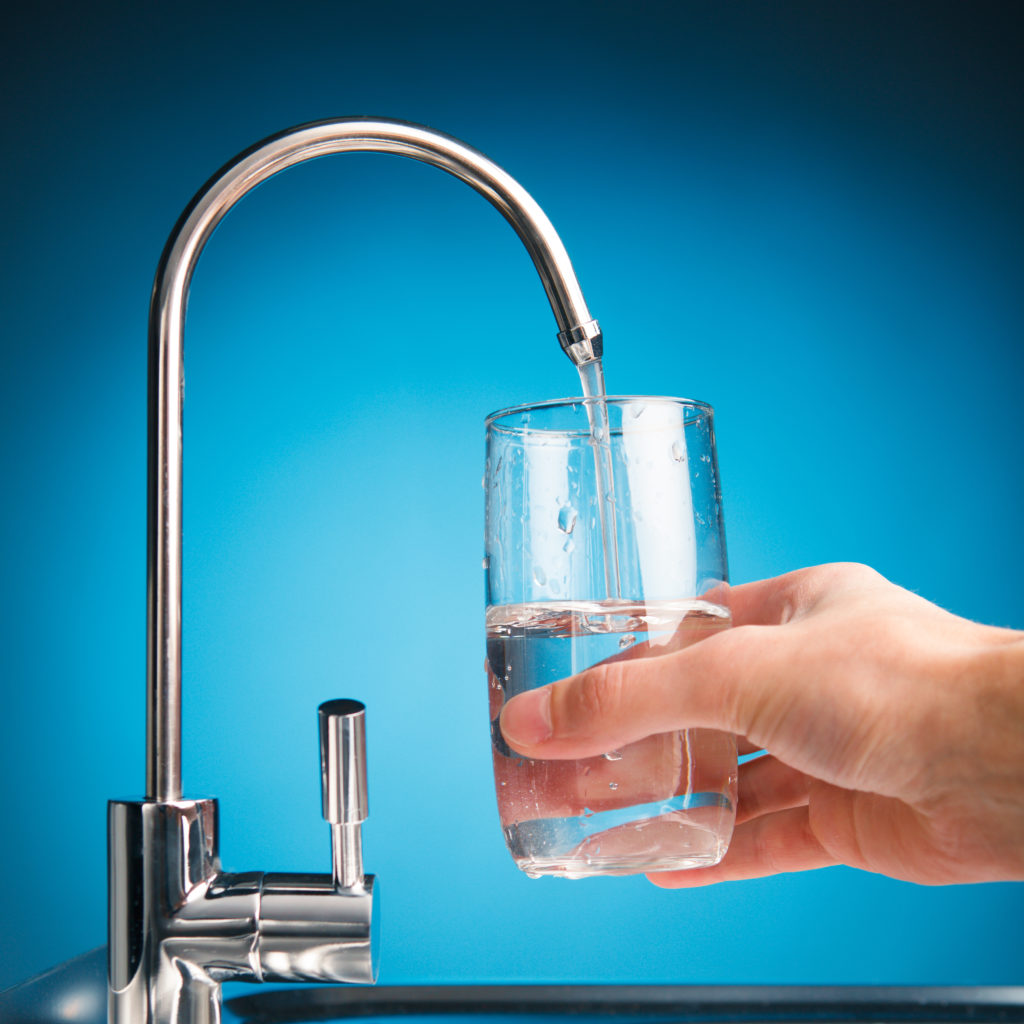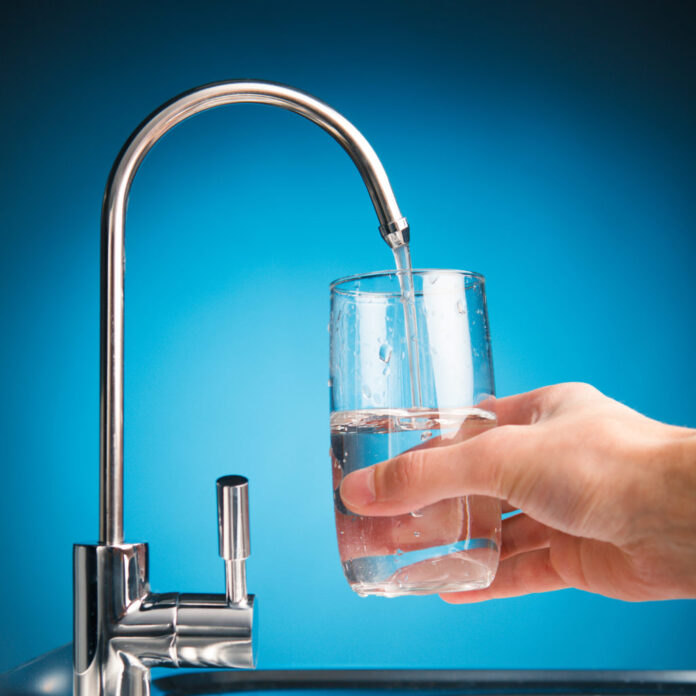Water is an essential part of our lives. It is a basic necessity, and yet we often don’t pay it much attention. Water that is not filtered or purified can contain contaminants like lead, bacteria, chlorine, and other chemicals that can lead to water-borne diseases. That is why having a water purifier at home is so important. A Water Purifier For Home can provide you with safe and clean drinking water, free of all impurities. In this blog post, we will discuss the importance of having a water purifier at home and how it can provide you with crystal-clear water.
The Dangers of Impure Water
Water is a vital resource for our daily lives, but when it becomes contaminated, it can pose serious health risks. Impure water can contain various contaminants such as lead, bacteria, chlorine, and other chemicals that can have detrimental effects on our bodies. Drinking water that is contaminated can lead to water-borne diseases like cholera, dysentery, typhoid fever, and even certain types of cancer.
One of the biggest dangers of impure water is the presence of lead. Lead can leach into water from old pipes and plumbing systems, especially in older homes. This toxic metal can cause serious damage to the nervous system, leading to learning disabilities in children and increased blood pressure and kidney problems in adults.
Bacteria in water can also be a significant health risk. Bacterial contaminants like E. coli and salmonella can cause severe gastrointestinal infections, leading to symptoms such as diarrhea, vomiting, and abdominal pain.
Chemicals like chlorine, which is commonly used to disinfect water, can also be harmful if consumed in large quantities. Prolonged exposure to chlorine in drinking water has been linked to respiratory problems and an increased risk of certain cancers.
What is a Water Purifier For the Home?
A water purifier for the home is a device designed to remove impurities from tap water, ensuring that you and your family have access to safe and clean drinking water. It works by using various filtration techniques to remove contaminants like lead, bacteria, chlorine, and other chemicals.
Water purifiers typically consist of one or more filters, each with a specific purpose. These filters can be made from activated carbon, ceramic, or other materials, depending on the type of impurities they are designed to remove. The water passes through these filters, which trap and eliminate harmful substances, leaving behind purified water that is free from impurities.
There are different types of water purifiers available in the market, ranging from simple pitcher filters to more advanced reverse osmosis systems. The choice of water purifier depends on factors such as the quality of your tap water, your budget, and your specific needs.
Investing in a water purifier for your home is essential for several reasons. It not only improves the taste and odour of your water but also protects your health and well-being. By removing contaminants, a water purifier can significantly reduce the risk of water-borne illnesses and provide you with peace of mind, knowing that the water you consume is free from impurities.
Benefits of Using a Water Filter Machine
Using a Water-Filter Machine in your home comes with numerous benefits that can improve your overall well-being. One of the primary advantages of using a Water-Filter Machine is that it provides you with clean and safe drinking water. The filtration process removes harmful contaminants such as lead, bacteria, chlorine, and other chemicals, ensuring that the water you consume is free from impurities. It can significantly reduce the risk of water-borne diseases and protect the health of you and your family.
Another benefit of using a Water Filter Machine is the improved taste and odor of the water. Tap water often has a chlorine taste or a metallic odor, which can be unpleasant to drink. However, with a Water-Filter Machine, these unpleasant tastes and odors are eliminated, providing you with fresh and enjoyable drinking water.
Additionally, using a Water-Filter Machine can be cost-effective in the long run. Buying bottled water can be expensive and environmentally unsustainable. By using a Water-Filter Machine, you can reduce your reliance on bottled water and save money over time.
Factors to Consider When Choosing a Drinking Water Filter
When it comes to choosing a Drinking Water Filter for your home, there are several important factors to consider. First and foremost, you need to assess the quality of your tap water. Is it high in contaminants like lead or bacteria? Are there any specific chemicals or impurities that you are concerned about? Understanding the specific contaminants in your water will help you choose the right type of filter that can effectively remove those impurities.
Another factor to consider is the filtration technology used by the water filter. There are various types of filters available, including activated carbon filters, reverse osmosis systems, and UV filters. Each type has its advantages and disadvantages, so it’s essential to research and understand how each technology works.
Additionally, you should consider the flow rate and capacity of the water filter. How much water do you need to filter on a daily basis? Will the filter be able to meet your household’s demands? It’s also worth considering the installation and maintenance requirements of the filter. Some filters require professional installation, while others can be easily installed by yourself.
House Water Filter is a Cost-Effective Solutions for Safe and Clean Drinking Water
Having a Water-Filter Machine at home is not only essential for safe and clean drinking water but also a cost-effective solution. While buying bottled water can quickly add up, investing in a Water-Filter Machine allows you to have access to clean drinking water without breaking the bank.
When you use a House Water Filter, you eliminate the need to purchase bottled water regularly. It not only saves you money but also reduces plastic waste, making it an environmentally friendly choice. With a one-time investment in a Water-Filter Machine, you can enjoy clean drinking water for months or even years, depending on the filter’s lifespan.
In addition to the cost savings, a Water-Filter Machine also provides convenience. You no longer have to worry about running out of bottled water or making frequent trips to the store. With a Water-Filter Machine, you have a constant supply of safe and clean drinking water right at your fingertips. This is especially beneficial for households with children or those who prioritize staying hydrated throughout the day.
Maintenance Tips for Your Home Water-Filter Machine
Taking care of your home Water-Filter Machine is essential to ensure that it continues to provide you with clean and safe drinking water. Here are some maintenance tips to keep your Water-Filter Machine in top condition:
- Regularly replace the filters: Filters are the heart of your Water-Filter Machine and need to be replaced periodically. Follow the manufacturer’s instructions on when and how to replace them. Neglecting to replace the filters can reduce the effectiveness of the machine and lead to impurities in your water.
- Clean the machine regularly: Over time, sediment and buildup can accumulate in your Water-Filter Machine. Clean it regularly by following the manufacturer’s instructions. This will help maintain the machine’s performance and prevent clogging.
- Check for leaks: Inspect your Water-Filter Machine for any leaks or drips. If you notice any, address the issue promptly to prevent water wastage and potential damage to the machine.
- Monitor water pressure: Keep an eye on the water pressure of your Water-Filter Machine. If you notice a significant drop in water pressure, it may be a sign that the filters need to be replaced or that there is an issue with the machine.
- Stay updated with maintenance schedules: Each Water-Filter Machine has its own maintenance schedule. Make sure to keep track of when maintenance tasks, such as filter replacement or cleaning, need to be performed. Set reminders to ensure that you stay on top of these tasks.
Understanding the Different Types of Water Purifier Filter
Water purifiers come in a variety of types, each with its own filtration technology and advantages. Understanding the different types of Water Purifier Filter can help you make an informed decision when choosing the right one for your home.
- Activated Carbon Filters: These filters use activated carbon to remove contaminants like chlorine, sediment, and volatile organic compounds (VOCs) from the water. They are effective in improving the taste and odor of the water but may not be as effective in removing heavy metals or bacteria.
- Reverse Osmosis Systems: Reverse osmosis filters use a semi-permeable membrane to remove impurities from the water. They are highly effective in removing contaminants like lead, arsenic, fluoride, and nitrates. However, they also remove beneficial minerals from the water, so some models include a remineralization stage to add them back.
- UV Filters: UV filters use ultraviolet light to kill bacteria, viruses, and other microorganisms in the water. They are often used in combination with other filtration technologies to provide comprehensive purification.
- Ceramic Filters: Ceramic filters are effective in removing bacteria, protozoa, and sediment from the water. They have a long lifespan and are relatively low maintenance.
FAQS
1. How often should I replace the filters in my water purifier?
The frequency of filter replacement depends on the type of water purifier you have and the quality of your tap water. Generally, carbon filters should be replaced every 2-6 months, while reverse osmosis membranes can last 2-3 years. It’s best to follow the manufacturer’s instructions for your specific model.
2. Can a water purifier remove all contaminants from water?
Different types of water purifiers have varying levels of effectiveness in removing contaminants. For example, activated carbon filters are great for removing chlorine and odors, but they may not eliminate heavy metals. Reverse osmosis systems, on the other hand, can remove a wide range of contaminants, including lead, arsenic, and bacteria. It’s important to choose a water purifier that suits your specific needs and the quality of your tap water.
3. Can I use a Water Purifier For Home during a power outage?
Some water purifiers rely on electricity to function, so they may not work during a power outage. However, there are battery-operated and manual cleaners available that can be used when the power is out.
Conclusion
Having a water purifier at home is essential for ensuring crystal-clear water and a healthy lifestyle. Impure water can contain harmful contaminants like lead, bacteria, and chlorine, which can have serious health effects. A Water-Filter Machine can effectively remove these impurities, providing you and your family with safe and clean drinking water. Not only does a water purifier improve the taste and odour of your water, but it also saves you money in the long run by reducing the need for bottled water. Invest in a water purifier today and enjoy the benefits of clean and refreshing water at your fingertips.
| Other Good Articles to Read |
| Blogs-Nation |
| Blogs-Peoples |
| Bryan Smith Blogs |
| Intellect Blogs |
| The Fault In Our Blogs |
| Blogs Eu |
| Oz Forums |
| Recruitment Blogs |
| Zet Blogs |
| Id Blogs |
| Blogs Tudiolegale |
| Blogs Map |

